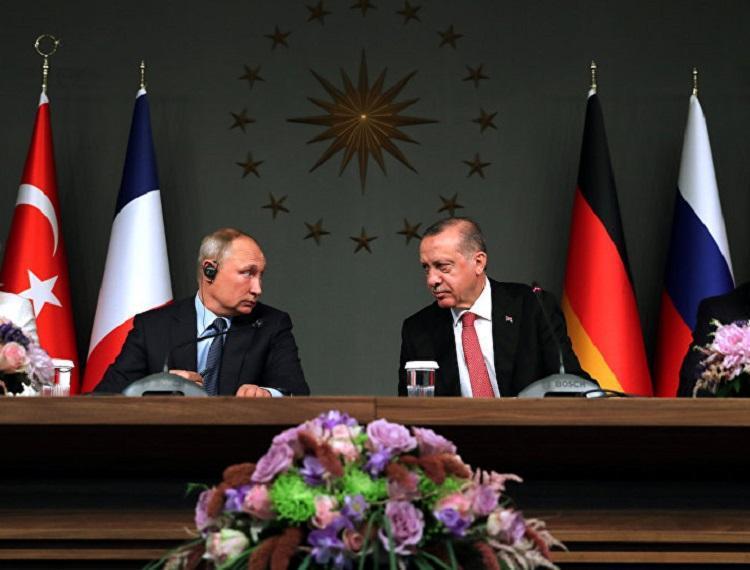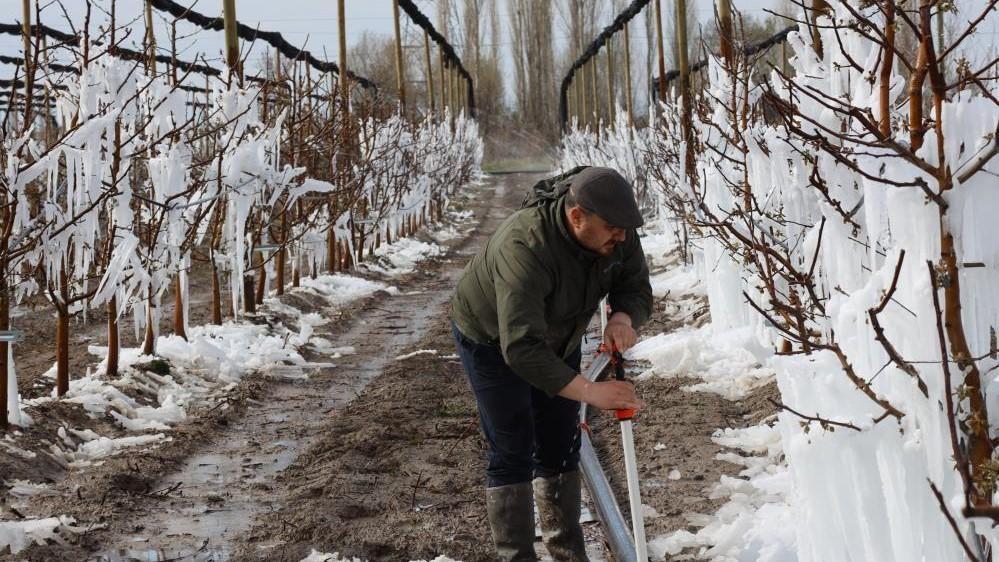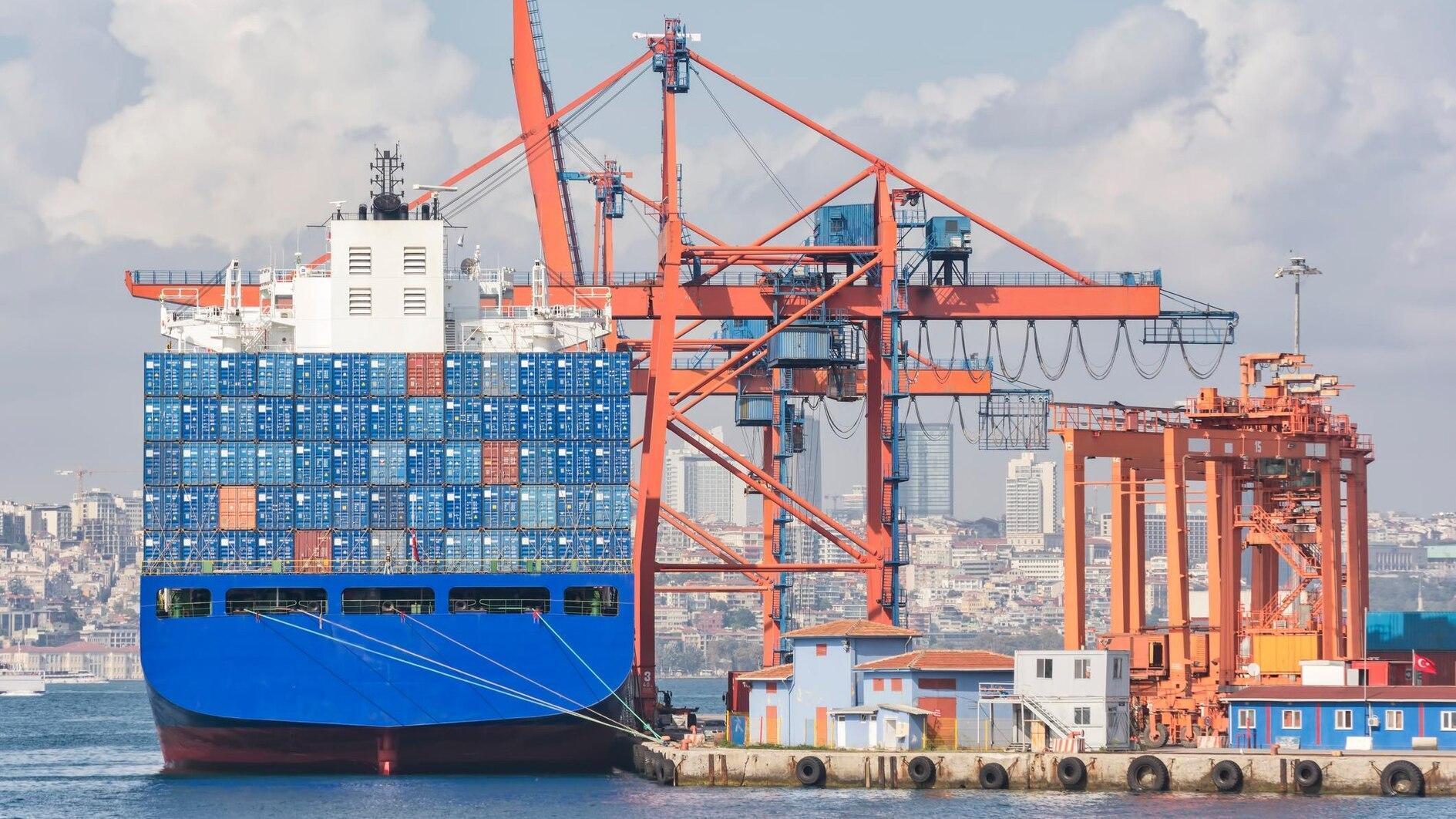Erdoğan urges Putin to rein in Syria, end human crisis
ANKARA

Turkish President Recep Tayyip Erdoğan on Feb. 21 emphasized the necessity to control the Syrian regime forces and halt a humanitarian crisis in northwestern Syria, during a phone call with his Russian counterpart Vladimir Putin, according to Turkey’s communications directorate.
Erdoğan also told Putin that full implementation of a 2018 Turkish-Russian cease-fire agreement for Idlib province, would bring an end to the fighting in Idlib, a statement from the directorate read.
Both leaders expressed their commitment to “all agreements,” the statement said without elaborating.
The leaders also discussed the developments in Libya, where two countries back opposing sides just as in the Syria conflict.
According to a statement by the Kremlin, during the phone call Putin expressed "serious concern with continuing aggressive actions by extremist groups [in Idlib].”
"The necessity of unconditional respect for the sovereignty and territorial integrity of Syria was underlined."
Earlier, Erdoğan also held a joint call with French President Emmanuel Macron and German Chancellor Angela Merkel in which he said that "the Syrian regime and its backers' aggression in Idlib must be stopped." He also emphasized the need for "strong support and concrete action" to halt the unfolding humanitarian crisis, his office said.
It followed a similar call by Merkel and Macron to Putin on Feb. 21, during which they proposed urgent talks with Erdoğan to ease tensions. Erdoğan told reporters the European leaders had proposed a four-way meeting in Istanbul on March 5, but that Putin had not responded to the offer.
As Erdoğan pressed ahead with diplomatic efforts on Idlib, Turkey's Defense Minister Hulusi Akar, accompanied by military commanders, traveled to the Turkish-Syrian border to inspect Turkish troops. He spoke with troops deployed in Idlib telling them he believed they would succeed in their duties in Syria.
The multiple front offensive has triggered the biggest single wave of fleeing civilians in Syria's nine-year war, displacing nearly 1 million people who have rushed toward the Turkish border and are sheltering in tents or sleeping rough in harsh winter weather.
Ankara has sent thousands of soldiers to northwestern Syria to try to stem the Syrian regime's advance on the province near the Turkish border, leading to the repeated flare-ups.
Two Turkish soldiers were killed in an airstrike in Idlib on Feb. 20 after an attack by Ankara-backed opposition forces that targeted the Syrian regime’s troops. Erdoğan had previously said that Turkey’s involvement in Syria can expand if more Turkish troops are hurt.
Feb. 20's exchange marked a serious escalation that risks growing into a full-blown conflict between Turkey and Syria. Erdoğan has also called on Assad's forces to retreat from Idlib or face an "imminent" Turkish attack.
The exchange began after opposition fighters shelled Syrian regime forces and entered the village of Nairab, which Assad's forces had captured Feb. 3, according to Turkey's state-run Anadolu Agency.
At least 15 Turkish soldiers have been killed in Syria this month amid a crushing offensive by Bashar al-Assad's forces aimed at recapturing remaining opposition-held areas in the region.
The Britain-based Syrian Observatory for Human Rights reported Russian airstrikes near the rebel strongholds of Atareb, Ariha and Qmenas. It added that on the southern edge of Idlib, Turkish troops and rebels exchanged shelling with Syrian regime’s forces.
















